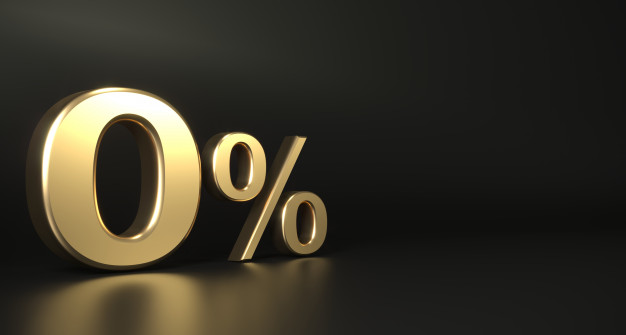Mortgage interest rates are a huge determinant when a buyer is thinking of purchasing a property. However, there are multiple myths surrounding mortgage rates.
If you have monitored mortgage interest rates in the last several months, you probably know that rates have inched up considerably since the October 2017 presidential election.
Through the years the mortgage markets have already priced those increases into the rates.
When you consider where mortgage interest rates are today, it would be difficult to argue that they aren’t still near record low territory.
As interest rates are on a slow rise, there are several myths about rising mortgage rates we would like to dispel here:
#1 Rates Are Soaring
We all know that rates have gone up, but let’s not panic. However, some lenders have especially lowered theirs to compete with competitors.
Let’s admit that it is usually better to have a lower rate and have a lower monthly interest payment on your mortgage. But that does not consider all factors.
As the economy improves, some buyers could be making more money and easily be able to pay the higher payment.
Also, if rising rates cause lower demand and lower home appreciation, prices will fall. This could mean sure you are paying a high mortgage by .75%, but you also could pay kes 250,000 less for your house. Government rates continue to be priced competitively.
#2 It’s Too Late to Refinance
False. If current interest charges are at least a full point lower than your current rate, home refinancing is usually worth it. In fact, for some markets, if your rate is only ¾ of a point higher than current rates, we still recommend refinancing.
We do advise however that you stay in the home long enough to offset any closing costs you will incur on the new loan.
#3 I Can’t Buy A House With Higher Interest Rates
Not true. The fact is that interest charges are still very low when you look at historical averages.
Although they have gone up a bit since last year, borrowing money at 10% is a great deal and you are unlikely to ever see it much lower than that.
With higher rates, you do need to make sure you have the income to pay your mortgage, and your lender will ensure that your debt to income ratios are still reasonable for the home you want. The worst-case scenario is that you look at a less expensive home.
Consider a loan that guarantees a fixed rate for a set period before the interest rate becomes variable.
See Also: How to get the best mortgage interest rate
See Also: Common Down Payment Myths Explained
#4 I Should Get a Fixed Rate Mortgage
Not always. The classic, fixed-rate mortgage indeed is the most popular by far. In the mortgage crash, many people who had adjustable mortgages discovered that they could not afford the payments when the rates reset.
However, getting a fixed rate in a slowly rising mortgage rate market is not necessarily a no brainer. You can get a five-year adjustable-rate mortgage for well under 14% today. If you think that you will be earning more money in a few years, you may want to go ahead and get an adjustable rate.
Just because rates are rising does not mean that you should always get a fixed rate. We advise if rates have not gone up more than a point in the last year, you still may consider an adjustable-rate.
That said, if you are the type to worry about rate fluctuations, you are indeed better suited in a fixed-rate mortgage. There is no point trying to save money with an adjustable-rate mortgage if it costs you sleep at night.
The Bottom Line
Rates are still historically very low today, so we advise that if you are thinking about buying a home, you should do so soon. It is possible that they could hit nearly 5% by the end of the year, but this is not written in stone.
Still, you should keep in mind that we still are in a very good environment to buy a home or to refinance – even if rates go up significantly by the end of the year.














